Lorem ipsum dolor sit amet, consectetur adipiscing elit. Donec feugiat ultricies vulputate. Suspendisse quis lacinia erat, eu tincidunt ante.
500KG Clay Graphite Crucible for Melting Precious Metal
PRODUCT FEATURES
Rapid Melting
High thermal conductivity graphite material improves thermal efficiency by 30%, significantly reducing melting time.
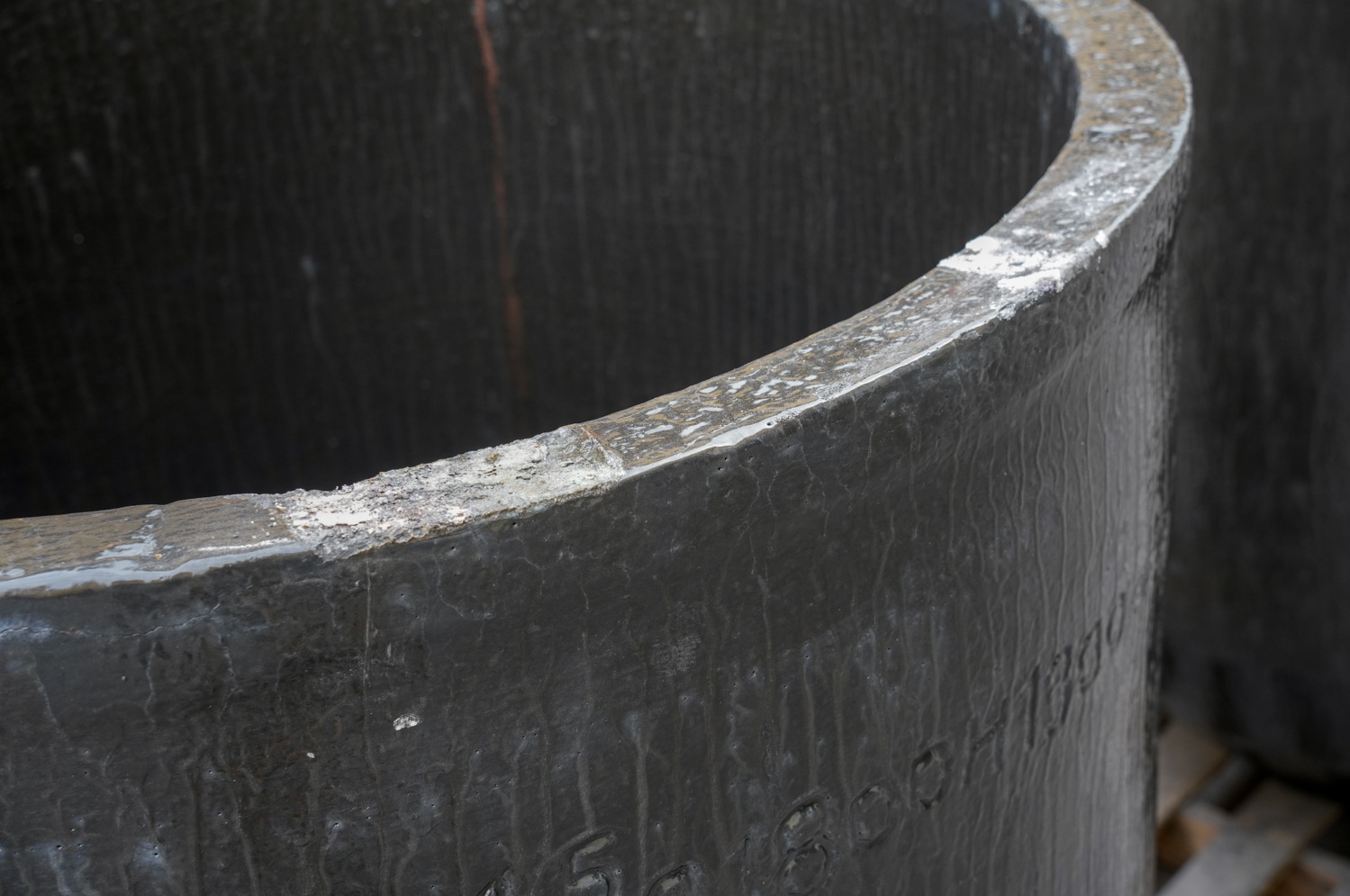

Superior Thermal Shock Resistance
Resin-bonded technology withstands rapid heating and cooling, allowing direct charging without cracking.
Exceptional Durability
High mechanical strength resists physical impact and chemical erosion for a longer service life.
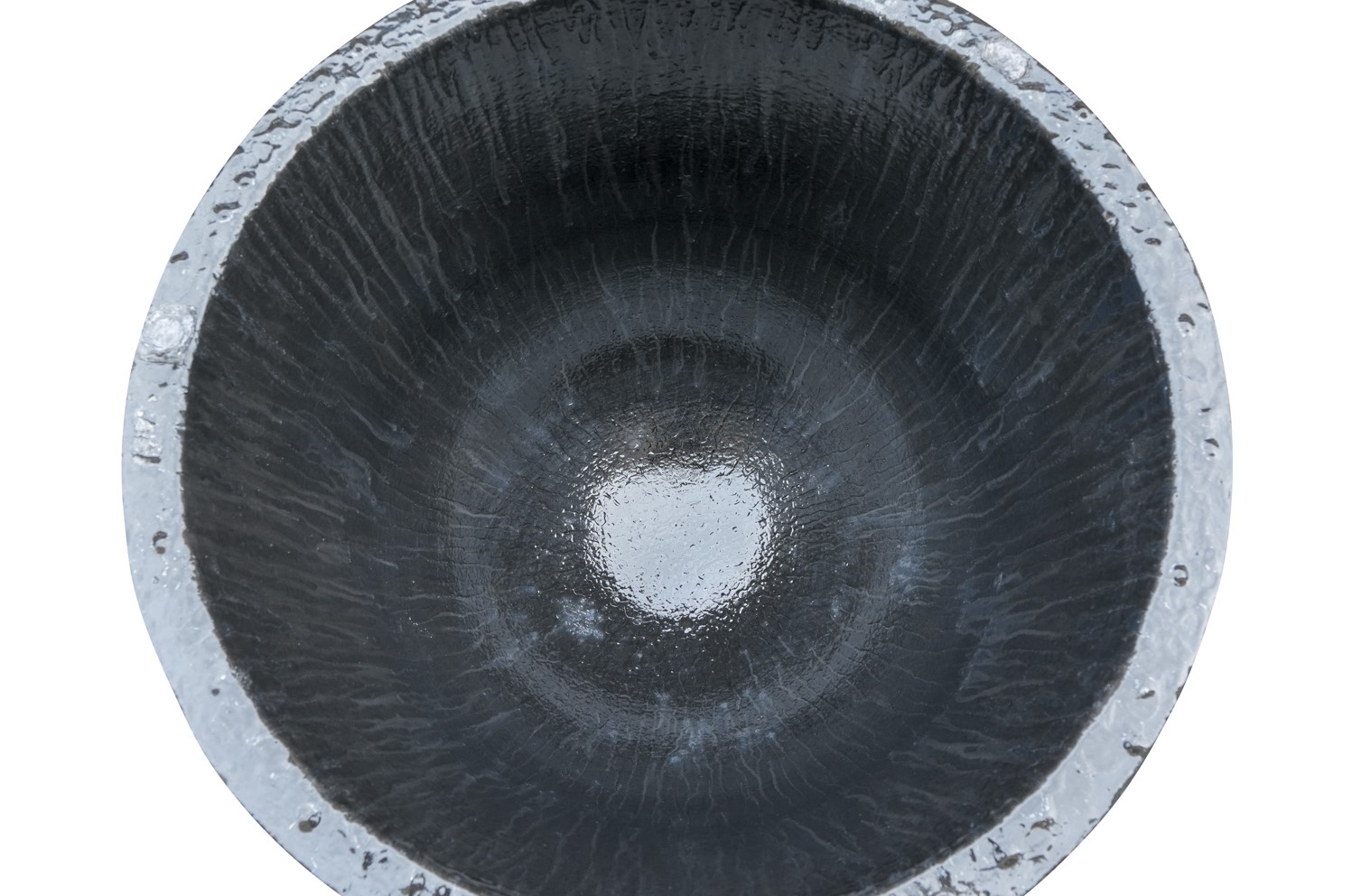
TECHNICAL SPECIFICATIONS
| Graphite / % | 41.49 |
| SiC / % | 45.16 |
| B/C / % | 4.85 |
| Al₂O₃ / % | 8.50 |
| Bulk density / g·cm⁻³ | 2.20 |
| Apparent porosity / % | 10.8 |
| Crushing strength/ MPa (25℃) | 28.4 |
| Modulus of rupture/ MPa (25℃) | 9.5 |
| Fire resistance temperature/ ℃ | >1680 |
| Thermal shock resistance / Times | 100 |
| No | Model | H | OD | BD |
| RA100 | 100# | 380 | 330 | 205 |
| RA200H400 | 180# | 400 | 400 | 230 |
| RA200 | 200# | 450 | 410 | 230 |
| RA300 | 300# | 450 | 450 | 230 |
| RA350 | 349# | 590 | 460 | 230 |
| RA350H510 | 345# | 510 | 460 | 230 |
| RA400 | 400# | 600 | 530 | 310 |
| RA500 | 500# | 660 | 530 | 310 |
| RA600 | 501# | 700 | 530 | 310 |
| RA800 | 650# | 800 | 570 | 330 |
| RR351 | 351# | 650 | 420 | 230 |
PROCESS FLOW
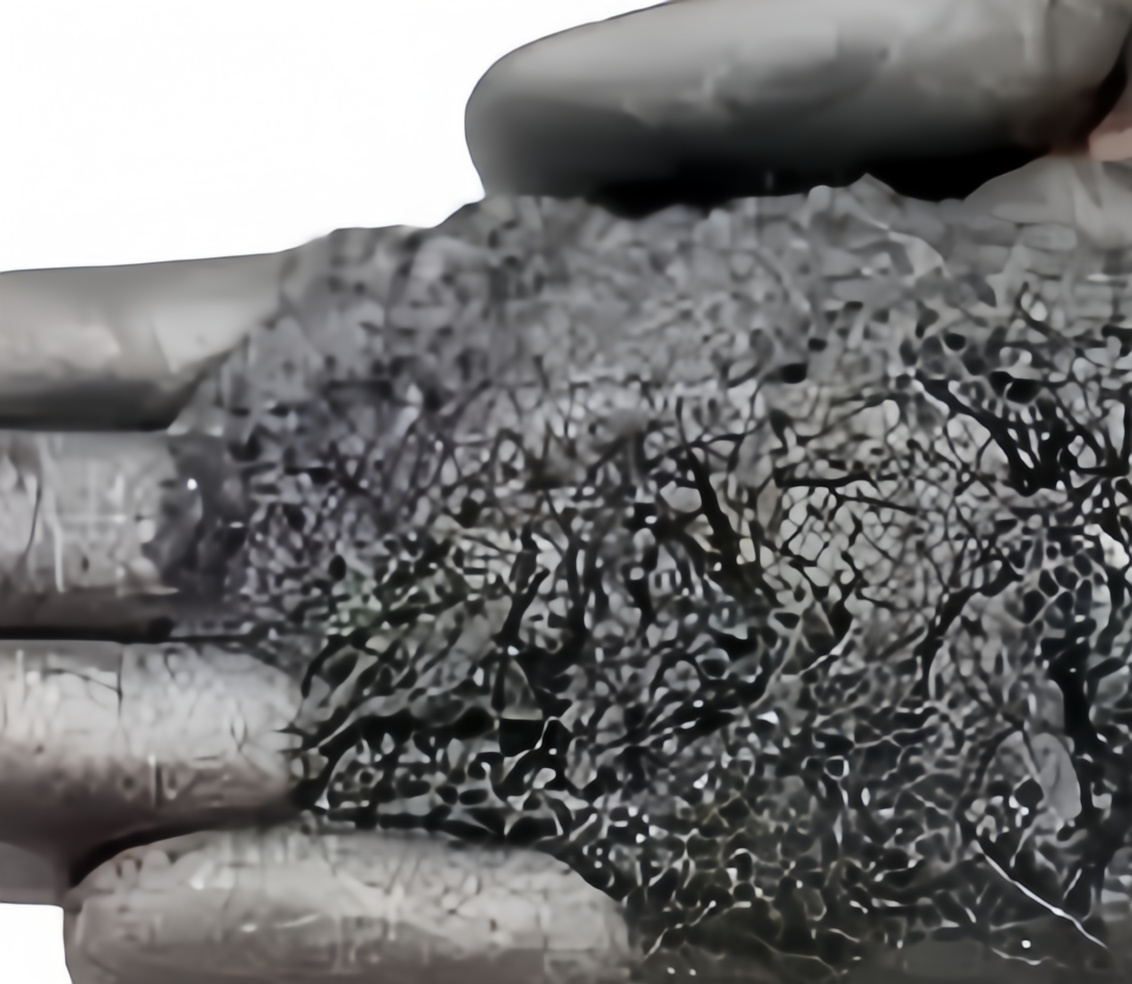
1. Precision Formulation
High-purity graphite + premium silicon carbide + proprietary binding agent.
.
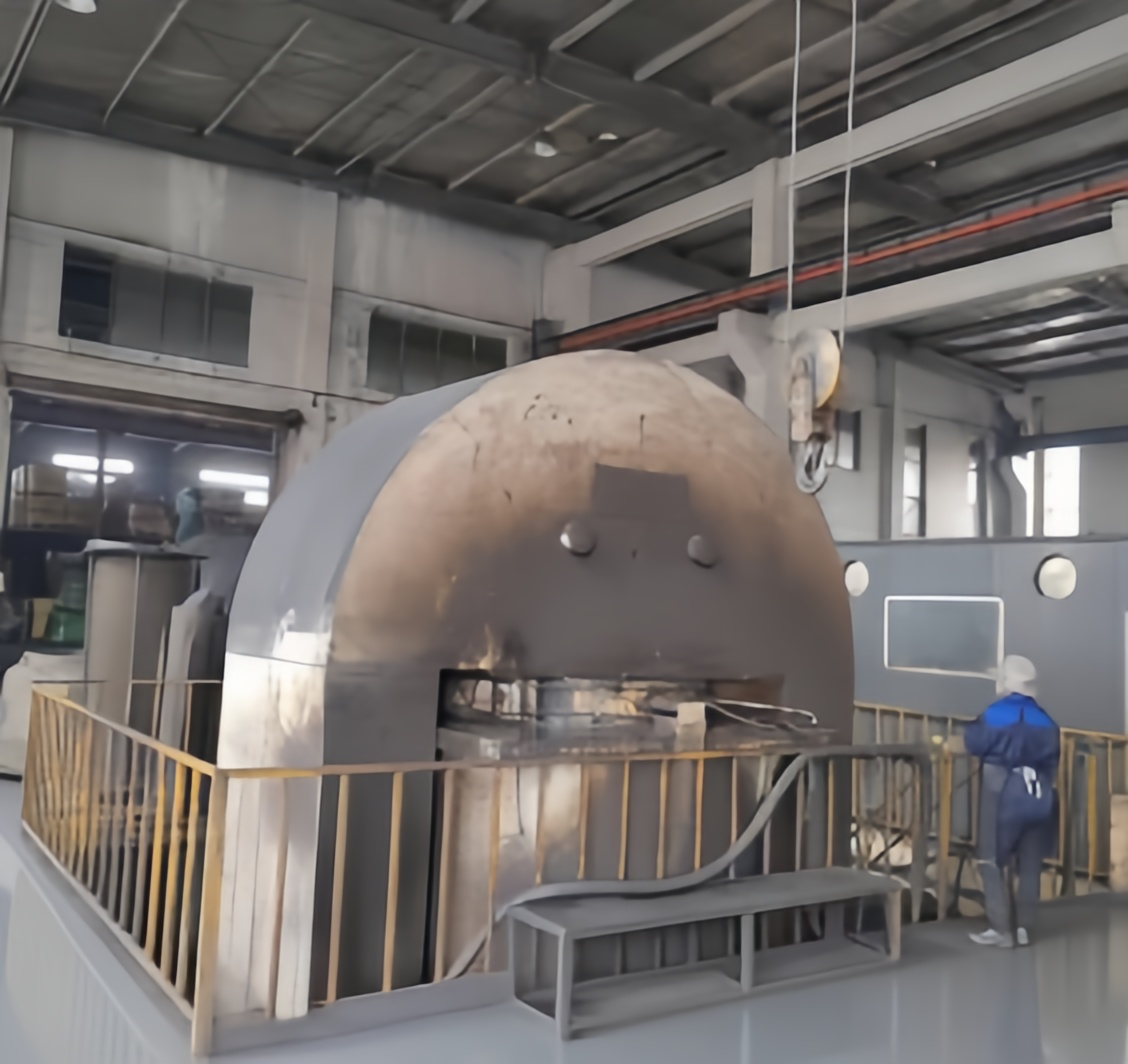
2.Isostatic Pressing
Density up to 2.2g/cm³ | Wall thickness tolerance ±0.3m
.
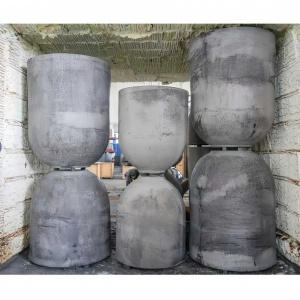
3.High-Temperature Sintering
SiC particle recrystallization forming 3D network structure
.

5. Rigorous Quality Inspection
Unique tracking code for full lifecycle traceability
.
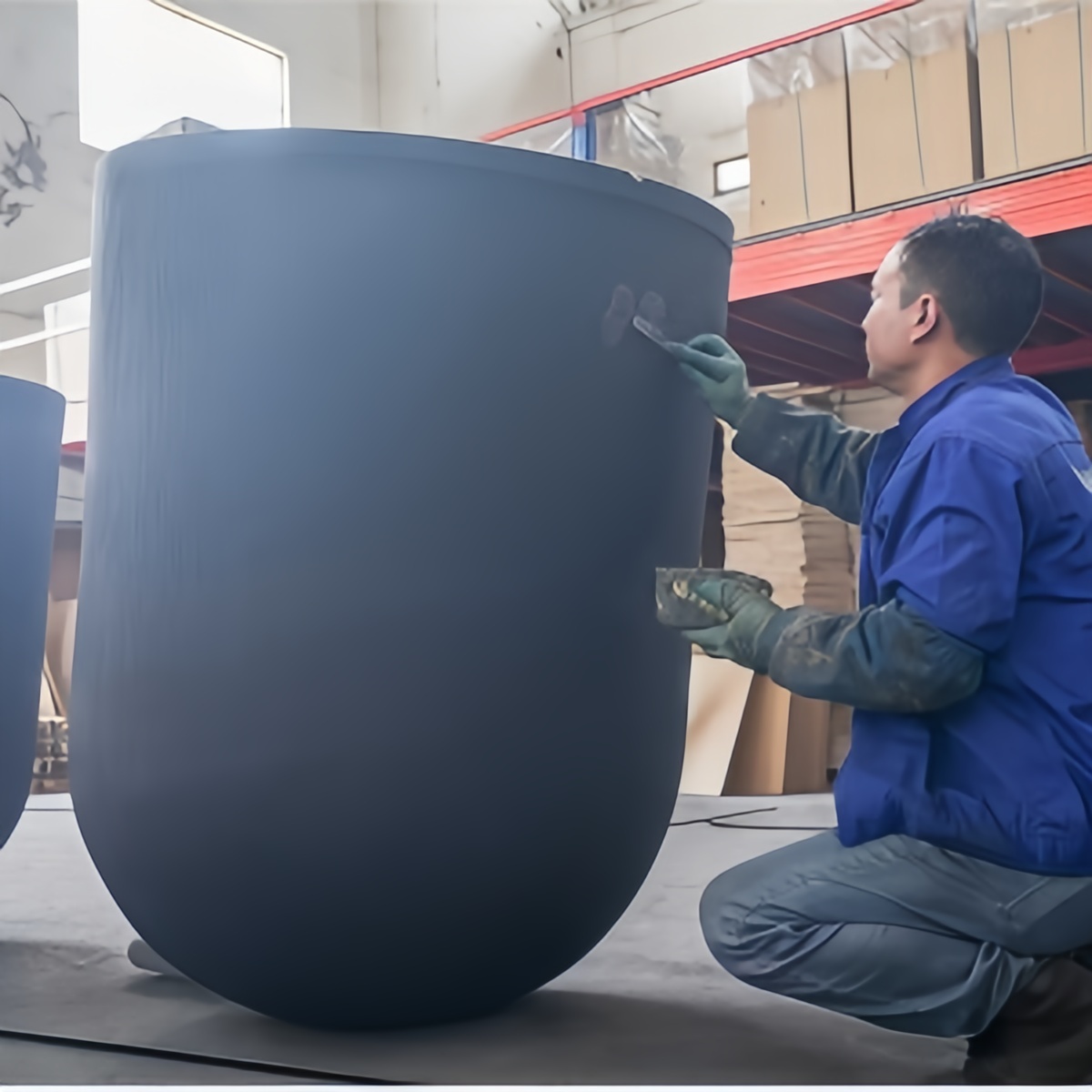
4. Surface Enhancement
Anti-oxidation coating → 3× improved corrosion resistance
.
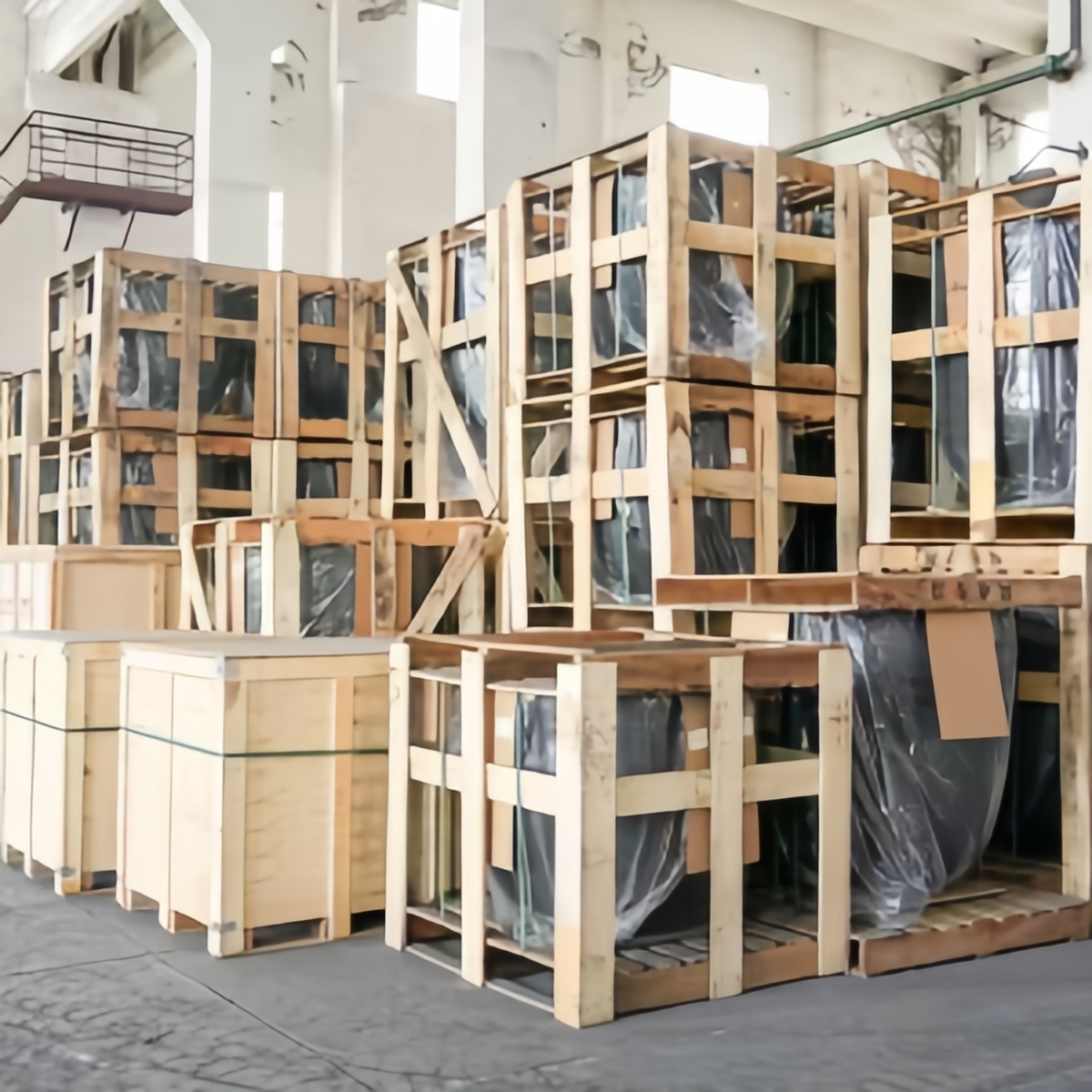
6. Safety Packaging
Shock-absorbent layer + Moisture barrier + Reinforced casing
.
PRODUCT APPLICATION
Suitable for most non-ferrous metals

Melt Aluminium

Melt Copper

Melt Gold
WHY CHOOSE US
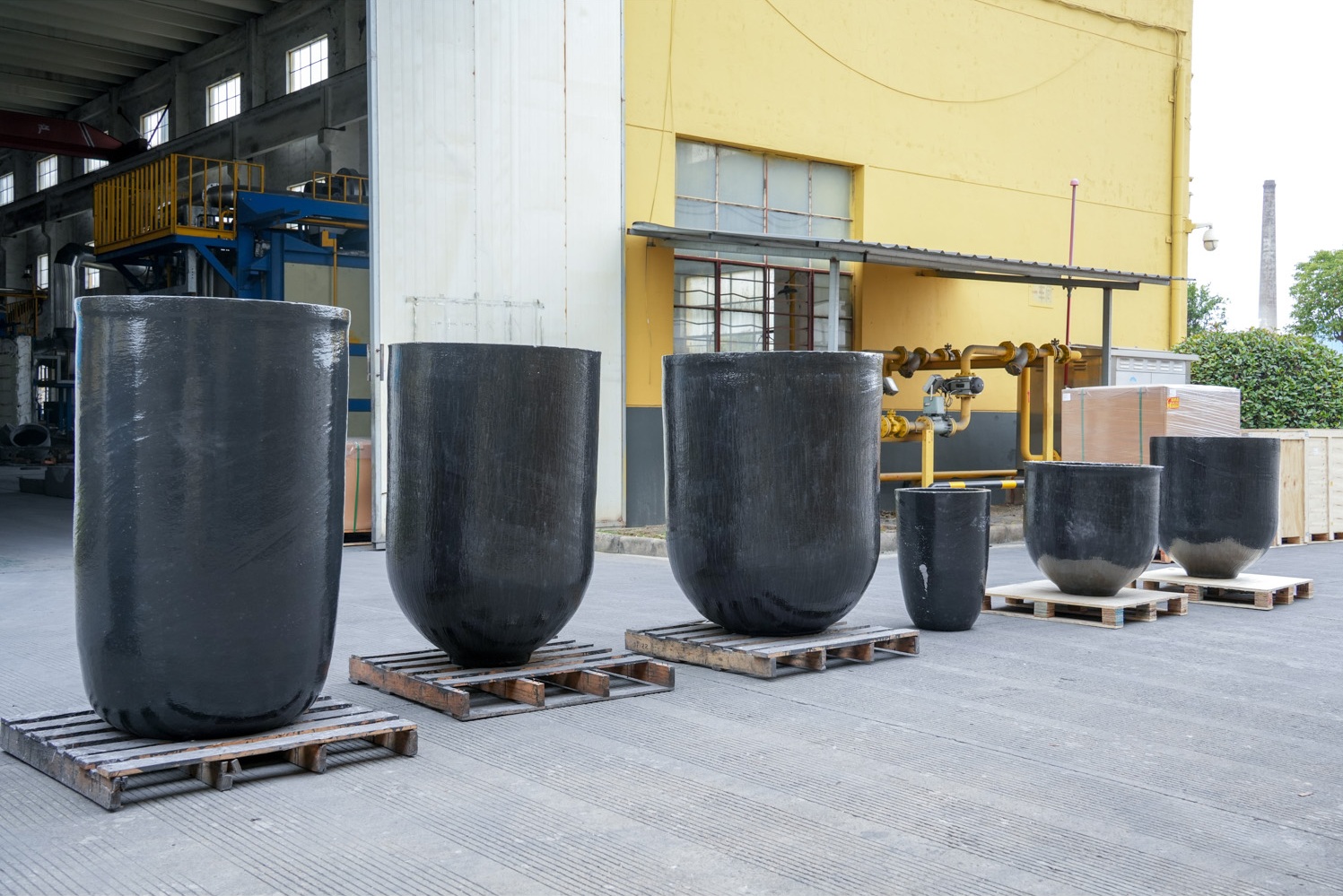
FAQS
Q1: Can The Crucible Cover reduce energy costs?
A: Absolutely! It reduces heat loss, cutting energy consumption by up to 30%.
Q2: What furnaces are compatible?
A: It’s versatile—suitable for induction, gas, and electric furnaces.
Q3: Is graphite silicon carbide safe for high temperatures?
A: Yes. Its thermal and chemical stability makes it perfect for extreme conditions.
Q4: How to prevent crucible cracking?
Never charge cold material into a hot crucible (max ΔT < 400°C).
Cooling rate after melting < 200°C/hour.
Use dedicated crucible tongs (avoid mechanical impact).
Q5: How to prevent crucible cracking?
Never charge cold material into a hot crucible (max ΔT < 400°C).
Cooling rate after melting < 200°C/hour.
Use dedicated crucible tongs (avoid mechanical impact).
Q6: What is the minimum order quantity (MOQ)?
Standard Models: 1 piece (samples available).
Custom Designs: 10 pieces (CAD drawings required).
Q7: What is the lead time?
⏳ In-Stock Items: Ships within 48 hours.
⏳ Custom Orders: 15-25 days for production and 20 days for mould.
Q8: How to determine if a crucible has failed?
Cracks > 5mm on inner wall.
Metal penetration depth > 2mm.
Deformation > 3% (measure outer diameter change).
Q9: Do you provide melting process guidance?
Heating curves for different metals.
Inert gas flow rate calculator.
Slag removal video tutorials.
Case Study #1
Lorem ipsum dolor sit amet, consectetur adipiscing elit. Donec feugiat ultricies vulputate. Suspendisse quis lacinia erat, eu tincidunt ante.
Case Study #2
Lorem ipsum dolor sit amet, consectetur adipiscing elit. Donec feugiat ultricies vulputate. Suspendisse quis lacinia erat, eu tincidunt ante.
Testimonials
Lorem ipsum dolor sit amet, consectetur adipiscing elit. Donec feugiat ultricies vulputate. Suspendisse quis lacinia erat, eu tincidunt ante. Pellentesque aliquet feugiat tellus, et feugiat tortor porttitor vel. Nullam id scelerisque magna. Curabitur placerat sodales placerat. Nunc dignissim ac velit vel lobortis.
- Jane Doe
Lorem ipsum dolor sit amet, consectetur adipiscing elit. Donec feugiat ultricies vulputate. Suspendisse quis lacinia erat, eu tincidunt ante. Pellentesque aliquet feugiat tellus, et feugiat tortor porttitor vel. Nullam id scelerisque magna. Curabitur placerat sodales placerat. Nunc dignissim ac velit vel lobortis. Nam luctus mauris elit, sed suscipit nunc ullamcorper ut.
- John Doe









